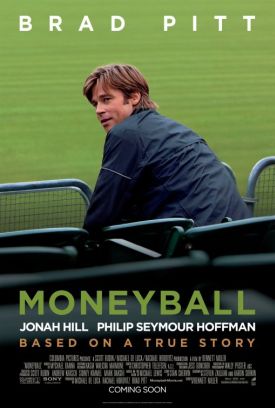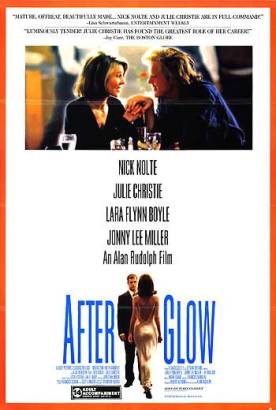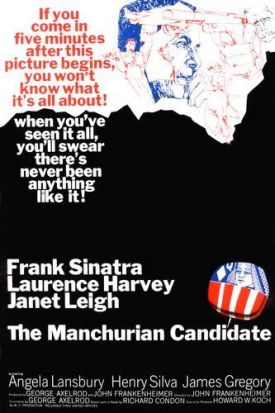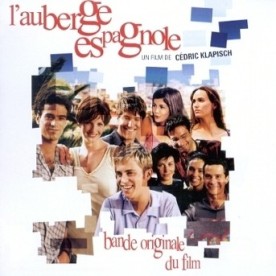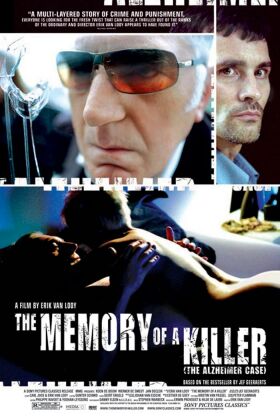Volcano
In Anaconda, Danny (Ice Cube), while he is being pursued up the Amazon by a gigantic, man-eating snake and a homocidal river man, dreams of being back in “civilization” — by which he means “on the L.A. freeways with my cell phone.” Ha! If you’ve got to choose between the giant snake and the river of molten lava making its way down Wilshire Boulevard, you’d have a heck of a lot better chance with the snake, you’ve got to figure. The real horrors for modern man are not those lurking safely in the jungle but those which threaten to disrupt and shut down the urban infrastructure. In this respect, Volcano by Mick Jackson also has it over Dante’s Peak in that the idea of a volcano blowing up in downtown Los Angeles is really much cooler than one blowing up just some small town in the Pacific Northwest.
For a while the film looks almost as if it is really going to take advantage of this good idea. It is filled, for instance, with media cacophony. You hardly see anything on the screen that is not immediately supplemented by some nitwit with a microphone telling you what you’re seeing. For a moment I thought this was going to be satirical, and occasionally there are still flashes of it, as when the whole city looks like it’s going to blow up, people are being killed everywhere, and one show does a feature on the injured pets being treated by a fashionable veterinarian. Likewise, when there is a temporary victory against the rivers of lava destroying everything in their paths, the din of self-congratulation is overwhelming. “Ladies and gentlemen, it is a miracle!” shrieks some cretin of an announcer with a squeal of ecstasy.
As it happens, we already know that there’s going to be another eruption. It would have been so easy for this simply to have killed all the TV people and so won my nomination, anyway, for Best Picture of 1997. But of course it doesn’t. Not even a radio person. Not even a print journalist with his pencil and reporter’s notebook. So that when there is yet another miracle, they’re all still there to intone: “This desperate strategy looks like it’s paying off!” As we have so often had occasion to notice before (see, for example, Romy and Michelle’s High School Reunion above) the object of potential satire in Hollywood almost instantly becomes merely cute or funny or “outrageous” in its modern meaning. Rather, that is, than outrageous in its old meaning.
What else do you expect when the muttonheads with the mikes are real-life broadcasters in the L.A. market playing cameos of themselves and having an absolutely wonderful time. So when one on-the-scene eyewitness news reporter looks at the river of fire and says: “All hell is breaking loose,” we are meant to think this, I guess, witty. Or profound. Or anything but the typical TV hype getting a bit of a comeuppance for once. Likewise environmental hype. At one point there is a shot of the Hard Rock Café with its silly ribbon-light tally of the number of acres of rainforest destroyed while you watch. What more natural at this juncture than to have a few smug environmentalists blown to smithereens or fricasseed by the lovable “planet” they are always so solicitous about. But they aren’t, of course.
Instead, the film contrives to be both racially and an environmentally correct. “The city’s finally paying for its arrogance,” says the pretty geologist, Amy (Anne Heche), by way of flirting with the tough head of the city’s Office of Emergency Management, Mike (Tommy Lee Jones).
“What particular arrogance is that?” says Mike, in one of the picture’s few witty comments.
“Building a subway in an area of seismic activity,” says the grim-faced Amy.
Even more gag-making is the film’s lesson in race relations. A tough, skinhead cop and a big black kid from the hood are constantly needling one another. There are references to Mark Fuhrman and Rodney King. But then they have to join forces to save the city. Suddenly they look at each other with a new respect! And in the final frames a black firefighter asks a lost little white boy what his mommy looks like. The kid looks around him at all the faces, black and white, which are now covered with the grey ash from the volcano and says: “Everybody looks the same!”
At last! L.A. really is a melting pot.
Discover more from James Bowman
Subscribe to get the latest posts to your email.




